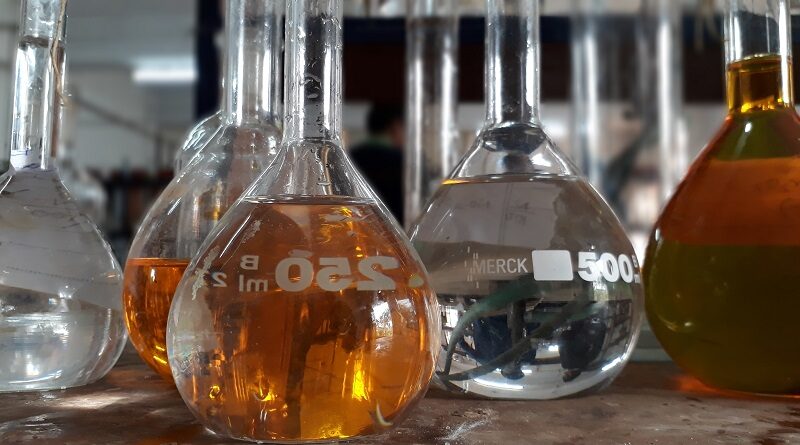Postgraduate courses in Physical Chemistry
Physical chemistry was acknowledged as a branch of chemistry in the early 20th century. This was thanks to work done by Wilhelm Ostwald who is known as the father of physical chemistry.
There are quite a number of areas in the world of chemistry that all have so many aspects and information to them. Physical chemistry is another area that can help you to enhance your career and add a postgraduate course to your list of achievements.
If you’re interested in this area then stick around. We’ve gathered some information below that might be of some help to you on kick starting your path to a new course.
What is physical chemistry?
Physical chemistry deals with the physical structure of chemical compounds, how they react with other matter and also looks at the bonds that hold their atoms together. It is technically the area where physics and chemistry overlap.
It looks at the macroscopic and particulate phenomena in chemical systems while looking at different related principles and concepts of physical chemistry. These include motion, energy, force, time, chemical equilibrium, quantum chemistry and many more.
The main role of a physical chemist is to study the fundamental characteristics of how matter behaves. They do this on a molecular and an atomic level while learning how chemical reactions occur. Physical chemists come up with new theories from their own analysis and carry out in depth research in order to potentially develop uses for new materials.
Courses
There are many courses on offer in the area across the UK. Some courses offer the opportunity to study either part time or full time. Universities may have certain restrictions in place due to Coivd-19 and may offer courses online. Courses available include:
Physical Chemistry
Physical chemistry postgraduate courses will allow students to choose what area of research they would like to focus on including topics such as analytical, biological, inorganic, materials, organic, physical and theoretical chemistry, biochemistry, bioinformatics, biomolecular science, biotechnology and gene expression among other areas. Students will also gain the skills and knowledge needed in order to pursue and develop a career working in physical chemistry.
Molecular Modelling
Postgraduate courses in molecular modelling will see students focus on areas including sustainable energy, catalysis, nanotechnology and drug design as well as gaining many skills that are transferable in any other fields. Also, students will gain the necessary skills and knowledge in molecular modelling while keeping a focus on simulation techniques that help to determine the macroscopic behaviour of matter.
Other related courses in the are that are available include Physical and Theoretical Chemistry, Electrochemistry and Battery Technologies, Environmental and Biological Nanoscience, Materials Science, Nanoscience and Advanced Molecular Synthesis, to name just a few.
Entry requirements
Entry requirements may differ from course to course or university to university. Therefore, it is important to research your specific course in detail to ensure you meet the entry requirements. As these courses are postgraduate courses, you will need a bachelor’s degree. Some courses may accept a 2.2 degree while others will require a 2.1. A degree in chemistry, biochemistry or a related field is required.
Salary
Salaries in the chemistry field can differ depending on your exact employment type and your experience in the area. As a chemist in general, you can expect to earn close to £28,000 annually on average. Salaries will be lower starting out and will increase with experience. This figure is intended to be used asa guide only.
Potential employers
Potential employers in the chemistry area include:
- Pharmaceutical companies
- Universities/Academic institutions
- Chemical industries
Skills and requirements
Skills and requirements helpful in this area include:
- Strong communication skills
- Strong writing skills
- Strong research and analysis skills
- Problem solver
- Good time management
- Strong analytical skills
- Organisation skills
- Ability to work well with others
- Trust your own initiative
- Knowledge of IT and technology
- An interest and understanding of chemistry
- Determination to learn and get results
- Ability to interpret data and results




